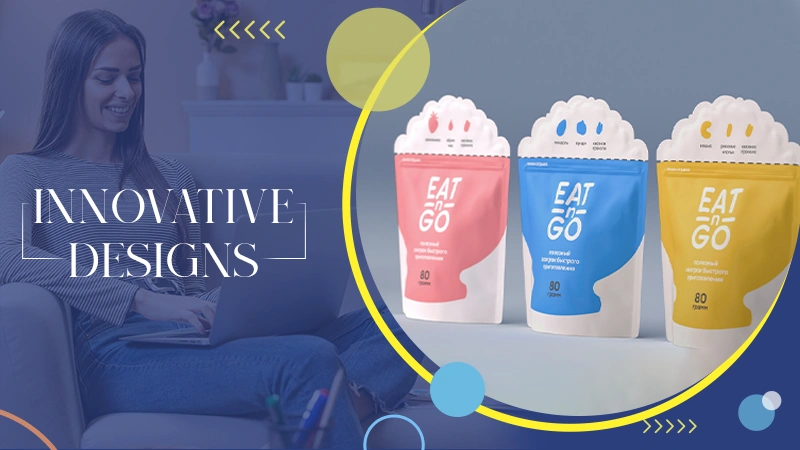What Are the Pros and Cons of Vinyl Plank Flooring?
Admit it: When scouring the web or scoping out local stores for flooring options, you probably want the best of both worlds – great service from the material you choose without breaking the bank. Luxury vinyl plank flooring (LVP) is one such option – a popular choice for busy families and homes. For starters, you can check out or see the vinyl flooring options at Harper Floors.
So, what is LVP? And why are more homeowners turning to vinyl plank flooring? Well, let’s lay bare the details:
LVP Flooring
Luxury vinyl is a flooring type that comes in either planks or tiles. The material is made by layering a realistic photo image (it looks like wood, stone, or tile) on top of a clear wear layer, which is then sealed with a urethane coating. This urethane topcoat protects against stains, scratches, and fading.
LVPs look like hardwood floors. The planks come in different sizes, typically around 48 inches long and 5 to 8 inches wide. The plank’s thickness also varies, with some as thick as 8 mm (5/16 inch). Similarly, the planks sport grooves and beveled edges. With that in mind, let’s look at the pros of using this flooring option:
1. Installation is a cinch
Vinyl plank flooring is easy to install. The planks snap together and lie on top of the subfloor. This “floating floor” installation is ideal for a do-it-yourselfer or anyone who doesn’t want to hire a professional installer – no hammering or sawing, meaning a hassle-free installation process.
The interlocking system also makes LVP ideal for rooms with a lot of traffic or irregular shapes. That’s because you can install the planks in any direction and still achieve a seamless look. Also, some planks are self-adhesive, meaning all you have to do is peel off the backing and stick them to the subfloor.
2. Water-Resistant
LVP’s water-resistant property makes it ideal for rooms where spills are likely to happen—think kitchens and bathrooms. The topcoat protects the planks from moisture, so you don’t have to worry about warping or cupping.
3. Inexpensive
Who said flooring has to be expensive? Well, luxury vinyl planks are not – this flooring type costs much lower than its wood and stone counterparts.
LVP also offers a cost-effective way to get the look of hardwood without shelling out the big bucks. And given that installation is more straightforward and quicker, you can also save on professional installation fees. In short, it looks like hardwood – minus the hefty price tag – and feels soft and cushy underfoot.
4. Durable
Vinyl planks are designed to withstand a lot of wear and tear. The material is scratch- and fade-resistant. And thanks to the wear layer protecting the planks, you don’t have to worry about spills or stains. As such, LVP is an excellent option for a busy family (pets and kids come to mind) looking for durable flooring.
5. Easy Maintenance or Repair
It’s also easy to maintain – regular sweeping and damp mopping will keep the planks looking new for ages. And in the unlikely event of damage, simply remove the damaged planks and snap in new ones.
Cons of Luxury Vinyl Plank Flooring
LVPs aren’t invincible. As such, you must consider a few aspects before choosing this flooring option. These include:
1. Prone to UV damage: Natural lighting helps give our homes an airy look and feel. But it can also damage your floors. LVP flooring is prone to fading when exposed to direct sunlight. As such, it’s not ideal for sunrooms or rooms with large windows and lots of natural light. And if you must install LVP in a sunny room, consider using window treatments to filter the harmful UV rays.
2. Temperature fluctuations can cause cracking: As a type of plastic, vinyl can become brittle in cold temperatures. As such, if your area experiences freezing winters, LVP flooring may not be your best option. The material can also become soft in hot weather, increasing the risk of damage.
3. Can’t be refinished: Once installed, luxury vinyl plank flooring cannot be sanded or refinished like hardwoods. So, you’ll have to replace the entire plank if the finish gets damaged.
4. Not as quiet as other flooring types: LVP flooring is thicker than sheet vinyl but not as thick as laminate or hardwood. As such, it doesn’t do a great job of muffling noise. If noise is an issue, consider one of the other options.
Given the elements we’ve outlined, would you go for LVP? Well, note that nearly every flooring option has flaws – some more than others. Besides, your priorities and needs will undoubtedly impact your choice. That said, weigh the pros and cons to see if LVP is the right fit for your home.
Follow Us
Latest Post















